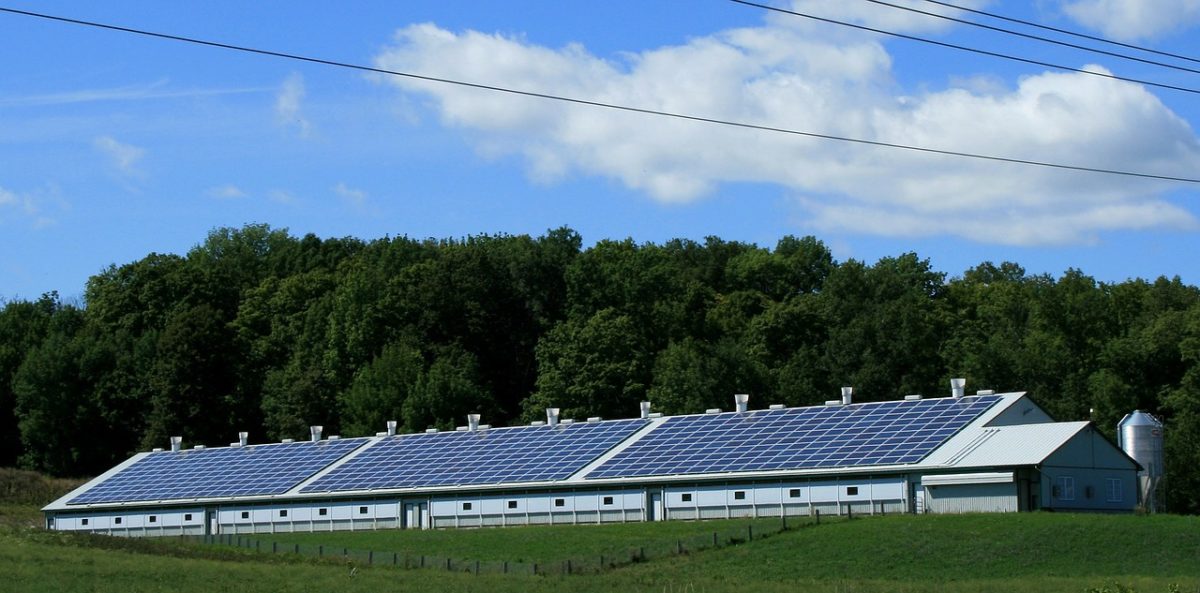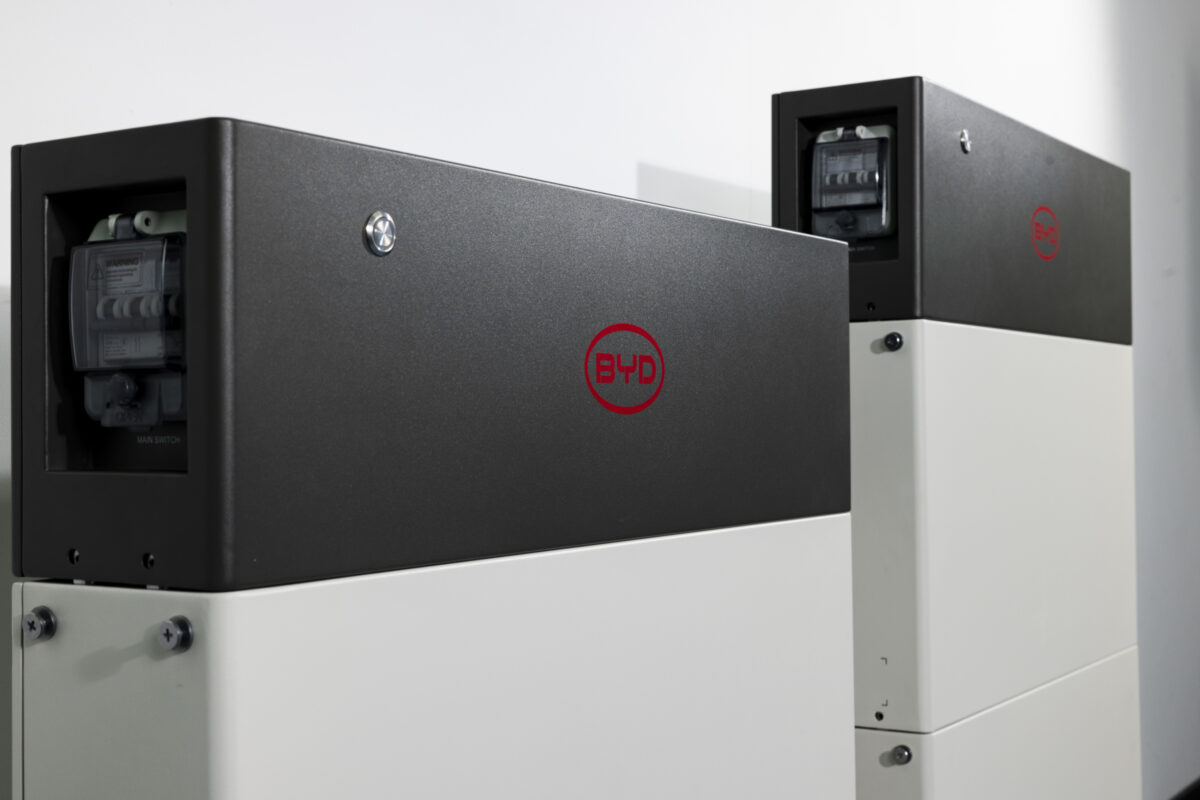Researchers from the U.S. Department of Energy’s Lawrence Berkeley National Laboratory have developed a new business model that could help power utilities more effectively manage distributed-generation solar assets.
The findings were presented in Benefits and costs of a utility-ownership business model for residential rooftop solar photovoltaics, published in Nature Energy. The new approach considers advantages for utilities which own and operate rooftop PV systems. Benefits include siting at locations with relatively low interconnection costs, deferring network upgrades, visibility and control of distributed-generation assets by utility system planners, lower installation costs and the possibility of improving services in an under-served market.
Policy considerations
The researchers said they considered all possible impacts on utility ratepayers and shareholders. “Fundamental policy questions exist about the appropriateness of using utility ratepayer funds for what is otherwise a competitive service,” said the Lawrence Berkeley group. “Indeed, in some restructured markets, regulated utilities are prohibited by law from owning generation assets, whether large scale or distributed.”
The group said another important issue was the need to evaluate whether a utility has the organizational capabilities to own and operate distributed-generation solar arrays. The model proposed by the researchers aimed to define a utility-owned, 20-year residential rooftop solar program. Its developers claim it differs from conventional ownership structures as the PV systems are connected directly to a utility’s grid and owned by the power companies.
The program was modeled on those of the Arizona Public Service and Los Angeles Department of Water and Power utilities. In their service areas, utility-owned PV installations are connected directly to the grid and provide no direct reduction in a host customer’s billed consumption. Under such schemes, utilities must pay for operations and maintenance of the systems plus administrative and procurement costs.
“Under the scenarios where rooftop solar is owned by the host customer or some third party, we assume that the systems are installed behind the customer meter, and that the host customer is compensated under a typical net metering arrangement whereby each kilowatt-hour generated offsets a kilowatt-hour of billed retail electricity sales,” said the Lawrence Berkeley group.
The researchers said a similar model could raise utility shareholder earnings 2-5% relative to non-solar scenarios. “This compares to a 2% loss of earnings when an equivalent amount of rooftop solar is deployed but owned by non-utility parties,” added the business model’s proponents.
Consumer costs
Under the proposed program, utility customers who do not own solar arrays would keep paying the highest prices, with average electricity bills increasing 1-3%, compared to 2% under non-utility ownership structures.
“This business model is, therefore, unlikely to meaningfully mitigate [the] equity or cost-shifting concerns associated with residential rooftop solar,” the researchers conceded.
In order to reduce the impact on non-solar consumers, the Lawrence Berkeley team suggested the procurement of rooftop solar at particularly low costs and net reduction of non-participant bills. They concluded, behind-the-meter battery storage could be key to ensuring transmission and distribution deferral value, as such systems could offer grid services and would be dispatchable.
“Allowing direct utility ownership of behind-the-meter battery storage could better align utility shareholder interests with those of their ratepayers, to an even greater extent than this analysis shows to be possible for rooftop solar,” the researchers added.
This content is protected by copyright and may not be reused. If you want to cooperate with us and would like to reuse some of our content, please contact: editors@pv-magazine.com.




By submitting this form you agree to pv magazine using your data for the purposes of publishing your comment.
Your personal data will only be disclosed or otherwise transmitted to third parties for the purposes of spam filtering or if this is necessary for technical maintenance of the website. Any other transfer to third parties will not take place unless this is justified on the basis of applicable data protection regulations or if pv magazine is legally obliged to do so.
You may revoke this consent at any time with effect for the future, in which case your personal data will be deleted immediately. Otherwise, your data will be deleted if pv magazine has processed your request or the purpose of data storage is fulfilled.
Further information on data privacy can be found in our Data Protection Policy.